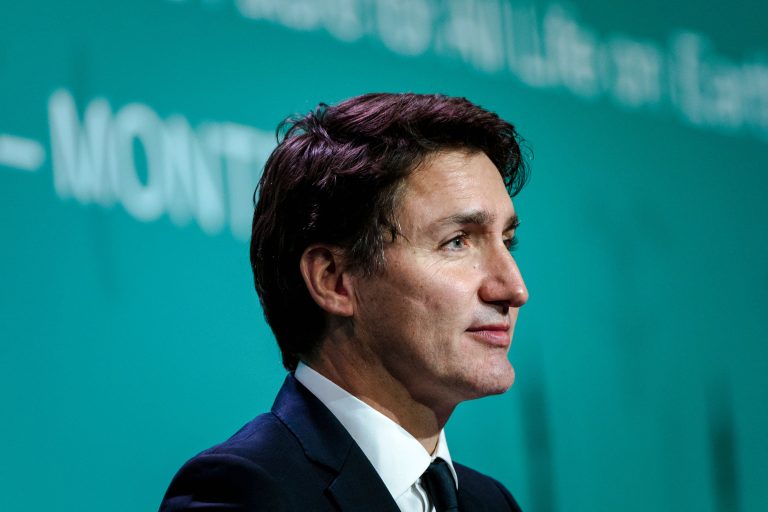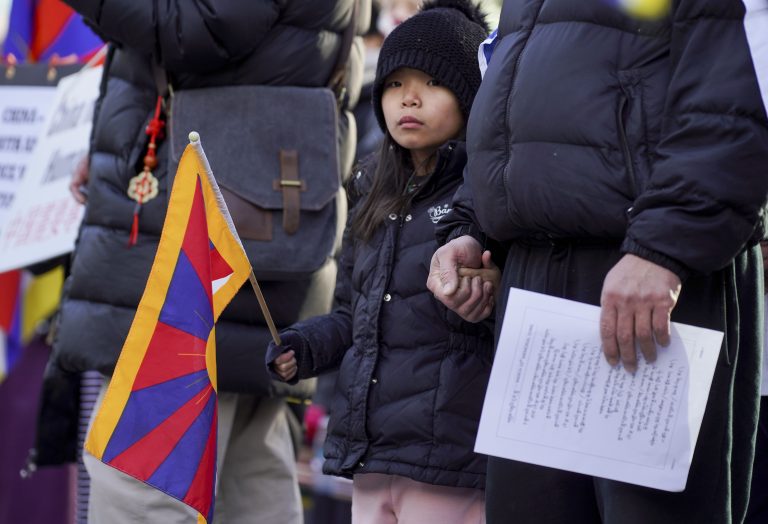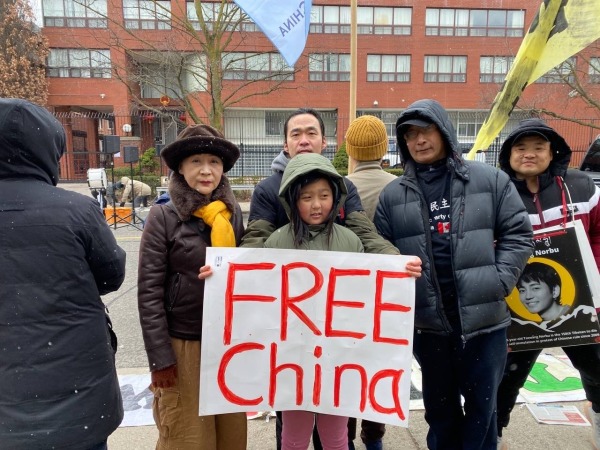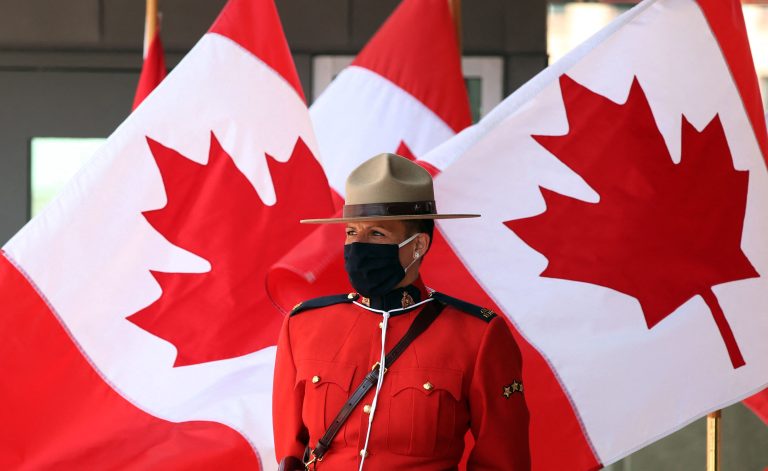A growing number of Canadian politicians and officials, including the leaders of the three main opposition parties, are calling for a public inquiry into claims that Beijing meddled in Canada’s federal elections in 2019 and 2021. However, Prime Minister Justin Trudeau has said that he does not support such an investigation. A recent survey shows that two-thirds of Canadians believe Beijing interfered in the last two federal elections.
Mounting calls
Recently, the Globe and Mail and Global News said that secret sources and documents from the Canadian Security Intelligence Service (CSIS) showed that the Chinese Communist Party (CCP) was trying to influence Canada’s federal elections in 2019 and 2021 in a big way.
Following the media reports, a number of Conservative MPs and the leader of the NDP, Jagmeet Singh, have called for a public inquiry into the matter. So have former government advisors like Richard Fadden—the former CSIS head and the prime minister’s national security and intelligence adviser, Jean-Pierre Kingsley—the former chief electoral commissioner for Canada from 1990 to 2017, and Trudeau’s former principal secretary, Gerald Butts. Conservative Leader Pierre Poilievre and Bloc Québécois Leader Yves-François Blanchet have also joined the call.
In an interview on the Global News program on Feb. 26, Fadden said a public inquiry is needed to determine whether there has been Chinese interference in Canadian elections.
“I think the public inquiry is really the route to go,” the former CSIS said, noting it should take place under the Inquiries Act before the next election and be empowered to subpoena people and documents.
Success
You are now signed up for our newsletter
Success
Check your email to complete sign up
In an interview with The Globe and Mail on Feb. 23, Kingsley also called for a public inquiry.
“We need to find out what has transpired. I favour an independent inquiry because this is what will satisfy Canadians. It is not a minor issue,” said the former electoral chief.
“The reason why this is important is that the legitimacy of government is what is at stake,” said Kingsley. “We have to trust that the electoral process is not being tampered with by a foreign government.”
The NDP leader was the first among the main opposition parties to call for a public inquiry.
“We accept the outcome of the election, but the serious allegations that individual candidates may have been impacted by foreign interference deserve a thorough, transparent and independent investigation,” Singh said in a news release on Feb. 27.
“When Canadians learn about possible foreign interference through leaked documents, confidence in our democracy is put at risk.”
“The way to stop alleged secret Chinese interference is to refuse to keep their secrets for them,” said Singh. “A fully independent and non-partisan public inquiry is the way to shine a light into the shadows.”
Poilievre said on March 1 that his Conservative Party supports an inquiry, but that it has to be both independent and public.
“All parties in the Parliament must agree on who the commissioner is. We cannot have yet another Liberal crony named to head up this inquiry,” said Poilievre.
“We can’t simply bury it behind closed doors and have it in secret while Canadians are left in the dark, potentially with another election interfered in before the results of the commission [are released],” he added.
Also on March 1, the leader of Bloc Québécois called for a public inquiry chaired by a commissioner chosen by Parliament.
A House of Commons committee is currently examining the issue of election interference.
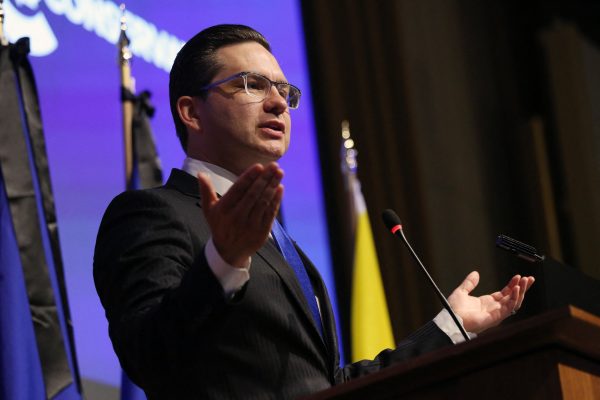
PM rejects the calls
Earlier on Feb. 24, when reporters in Toronto asked him about the allegations of foreign interference in Canadian elections, Trudeau said there is no chance he will call a public inquiry. He said that Canada’s election processes “have not been compromised.”
“Canadians can and should be confident that our institutions, particularly our electoral and democratic processes, have not been compromised and were not compromised in the 2019 and 2021 elections,” the prime minister said.
In a news conference on March 1, Trudeau repeated his stance, saying that there are already “an awful lot of mechanisms that are underway right now, determining what kind of foreign interference has happened, is continuing to happen.”
“We have right now, as we’re speaking, a parliamentary committee… hearing directly from national security experts and officials as to the work that they’ve been doing over the past many years to counter ongoing interference,” Trudeau said.
On Feb. 28, the government released a report on the 2021 federal election by the Critical Election Incident Public Protocol (CEIPP). The CEIPP was created in 2019 by the Liberal government as a mechanism to keep an eye on and report events that could hurt the integrity of elections.
Despite noting there were “efforts at foreign interference,” the report said the CEIPP panel did not find there was foreign interference of great magnitude in 2019 or 2021 that met the threshold for an announcement.
Meanwhile, the Pierre Elliott Trudeau Foundation said on March 1 that it will return a controversial $200,000 donation from a Chinese billionaire, Zhang Bin, that it got seven years ago. Zhang was president of the China Cultural Industry Association (CCIA) and a member of the 12th National Committee of the Chinese People’s Political Consultative Conference, a political advisory body in the communist regime.
According to a report on Feb. 28 by The Globe and Mail, Zhang’s donation is alleged to have been intended to influence Justin Trudeau after he became leader of the Liberal Party in the 2015 federal election, as well as to “honour the memory and leadership” of former Prime Minister Pierre Trudeau, Justin Trudeau’s father, and to put up a statue of former Chinese Communist Party (CCP) chairman Mao Zedong in the University of Montreal.
READ MORE:
- The CCP Meddled in Canada’s 2021 Federal Election to Support Trudeau, Says Spy Agency
- Niagara Falls Canada Buckling Under the Strain of Thousands of Asylum Seekers
- Fallout From East Palestine Train Derailment May Have Reached as Far North as Canada
Latest leaks
The recent round of claims on intelligence leaks began with a Global News piece from Nov. 7, 2022, which stated that the Prime Minister was briefed in January 2022 on a Beijing-directed network of election influence. According to the article, the CCP financed at least 11 federal candidates in the 2019 election and worked to deploy agents in the offices of MPs to influence policymaking.
Global News followed up on Feb. 24, saying that Liberal MP Han Dong is one of at least 11 federal candidates in the Toronto area who were supported by Beijing in the 2019 election, based on leaked intelligence information.
The article said that CSIS believes Dong is a “willing affiliate” in China’s networks of election interference, and intelligence officials alerted Trudeau’s senior staff about the issue. Dong remained the Liberal candidate in that election and went on to win a seat in the Liberal stronghold of Toronto’s Don Valley North riding in both the 2019 and 2021 elections.
It added that during the 2019 election campaign, busloads of Chinese international students with fake addresses were brought into the riding and “coerced” to vote for Dong’s candidacy for the Liberals.
Dong declined the allegation on Feb. 27. “I strongly reject the insinuations in media reporting that allege I have played a role in offshore interference in these processes and will defend myself vigorously against such inaccurate and irresponsible claims that come from an unverified and anonymous source,” he said.
Dong was found absent from a vote on a motion in the House of Commons on Feb. 1 related to the persecution of Uyghurs in China, as well as a vote on a Feb. 22, 2021, motion to recognize the CCP’s persecution of Uyghurs as an act of genocide.
When asked about the allegations regarding Dong, Trudeau responded by making points about racism, implying that such allegations about China-born Dong are related to a “rise in anti-Asian racism.”
The claims of racism had also been used about two years ago to respond to national security concerns about China. In 2021, as Conservatives asked the Liberal government about the National Microbiology Laboratory in Winnipeg collaborating with researchers tied to the Chinese military, Liberals responded by pointing to “anti-Asian racism.”
On Feb. 17, The Globe and Mail released an extensive report based on CSIS leaks and informants describing Beijing’s interference operations in the 2021 election. Chinese officials stated at the time that they sought another minority Liberal government because they viewed the Liberals as the party most favourable to Beijing’s interests but did not want it to create a majority government in case it decided to enact policies unfavourable to Beijing.
The Globe article cites a national security source as saying that nine Liberal and two Conservative candidates in the 2019 election were favoured by Beijing and that the two Conservative candidates were viewed as friends of China.
The Globe said in another article, on Feb. 18, that Chinese diplomats told their “friendly” influential Canadian contacts in early 2022 to keep a lower profile in order to avoid attracting the attention of CSIS.
On Feb. 20, another Globe article reported on classified CSIS documents that outline Beijing’s efforts to target influential Canadians who plan to visit China. The documents show Beijing’s methods of using blackmail, bribery, and honey traps to gain influence over politicians and business executives.
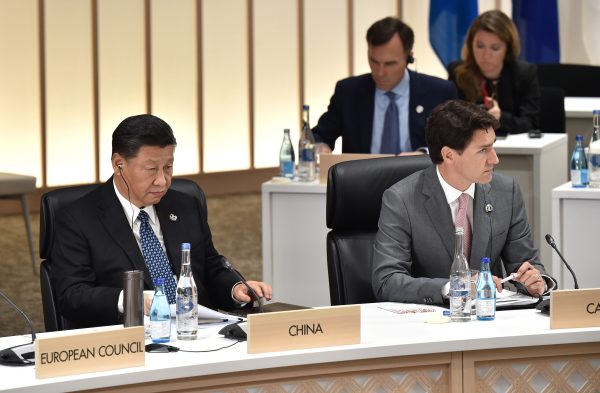
Public opinion
The Angus Reid Institute published on March 1 a survey report titled “China, Canada, and Challenging Diplomacy,” which says that two-thirds of Canadians surveyed believe the Chinese government either “definitely” or “probably” tried to meddle in the last two federal elections, and only six percent of those surveyed rejected the possibility of Beijing attempting to interfere in the elections.
“Majorities across the political spectrum are of this view, while half of Canadians [53 percent] say this attempted interference represents a serious threat to democracy,” said the report.
Among Liberal voters surveyed, the report says that over 30 percent believe the allegations of interference by Beijing in the past two elections are “overblown.”
“However, more (43%) of those who voted Liberal in 2021 believe the allegations to be a serious threat to Canada’s democracy,” it added.
The survey also finds that nearly 70 percent of Canadians believe the federal government is “afraid to stand up” to Beijing amid mounting evidence that the Chinese regime interfered in Canada’s 2019 and 2021 federal elections.
According to the report, those who said they voted for the Conservatives in the last election were most likely to say Ottawa feared Beijing (91 percent), followed by 78 percent of past Bloc Québécois voters, 62 percent of NDP voters, and 46 percent of Liberal voters.



